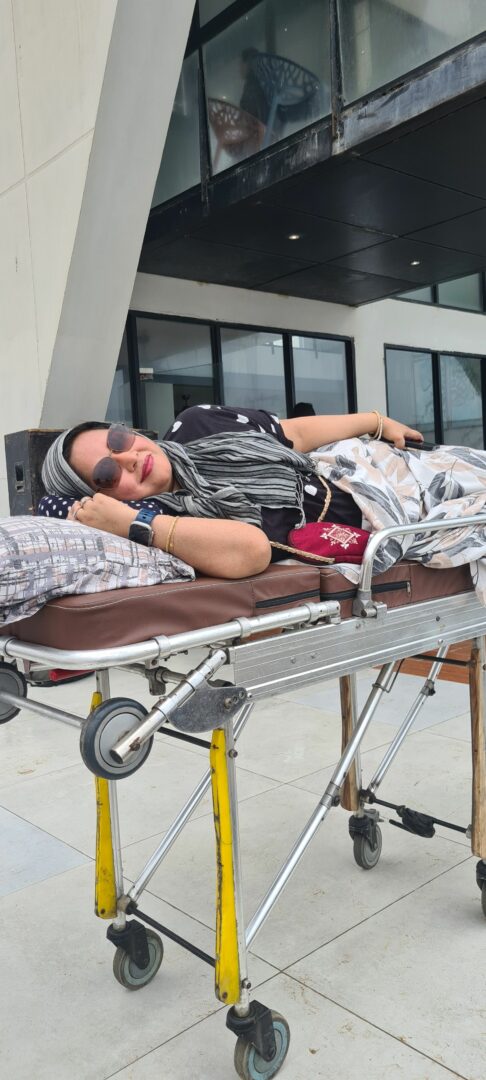Farheen Zahid shared their story and experiences with us recently and you can find our conversation below.
Farheen, really appreciate you sharing your stories and insights with us. The world would have so much more understanding and empathy if we all were a bit more open about our stories and how they have helped shaped our journey and worldview. Let’s jump in with a fun one: What are you most proud of building — that nobody sees?
I think what I’m most proud of building is myself — both personally and professionally. People often see the smiling face on screen, the one running meetings, teaching, or laughing like everything is perfectly fine. But what they don’t see is the story behind that smile — the quiet strength it takes every single day just to show up.
After my diagnosis and the paralysis that followed, I had to rebuild my entire life from the ground up — not just my body, but my sense of purpose, my independence, and my identity. Today, I’m proud of the woman I’ve become — someone who didn’t let her circumstances define her, but instead found new ways to rise through them.
Behind the scenes, there’s a lot that people don’t see. I rely on my attendant to help me with the smallest things — even sitting up for meetings takes effort. It’s a process that leaves me dizzy and in pain at times, but I still choose to show up, to keep pushing forward, to keep growing.
What nobody sees are the moments between the smiles — the exhaustion, the discomfort, and the determination not to give up. That’s what I’m most proud of building: a life that’s still full of purpose, laughter, and love — even on the hard days.
Can you briefly introduce yourself and share what makes you or your brand unique?
Hello — I’m Farheen Zahid. I hold a Master’s degree in Special Education, and I’ve spent years working in special schools and inclusive settings as a primary and kindergarten teacher. I’ve always been a social butterfly — full of energy, surrounded by wonderful friends, and travelling with my husband, Khurram, exploring new places and experiences.
Then, about seven years ago, life took an unexpected turn. I was diagnosed with cancer — thankfully, I’m now cured — but it left me with paralysis from the chest down. It was a life-changing moment, and for a while, I didn’t know how to move forward. But with time, faith, and the constant encouragement of my family and friends, I slowly began to rebuild my life — this time on my own terms.
I started taking online courses, which led to my first remote job as a content manager. From there, I became an LMS manager, then a tutor, assessor, and eventually an IQA (Internal Quality Assurer). One organisation that truly shaped me was ELN The eLearning Network — it believed in me when I doubted myself, challenged me to grow, and gave me purpose again. The woman behind it, Sana Farooq, became more than a mentor; she’s like a sister to me.
Today, I work remotely with several UK-based training providers, tutoring, assessing, and quality assuring. My latest role is as a Lead IQA, something I never imagined I could achieve — even before my disability. Leading from the top, while living life from my wheelchair and bed, feels like proof that strength doesn’t come from what we can physically do, but from what we choose to keep doing despite it all.
What I want readers to know is that I may live life differently now, but not lesser. I’m still driven by purpose, passion, and the belief that we can always reinvent ourselves. My life today is lived fully — on wheels, yes — but with a spirit that refuses to stand still.
Amazing, so let’s take a moment to go back in time. What’s a moment that really shaped how you see the world?
The moment that shaped how I see the world wasn’t a single day — it was the slow realisation that my life had changed forever. When I first became paralysed, my condition was so rare that even my doctors had never seen it as I became the eighth known case. Everyone kept hoping for recovery, so I did too. For almost a year, I waited — believing that one day I’d just get back to normal, get back to walking, to teaching, to being me again.
But as time passed, I began to understand that maybe no one was telling me the truth because there wasn’t one to give. This — my new reality — was life now. And that realisation broke me for a while, but it also rebuilt me in a way nothing else ever could.
That was the moment I decided that I want to move forward, n if I couldn’t walk — I’d just learn to fly instead.
I started rebuilding piece by piece, with faith, courage, and the stubborn belief that purpose doesn’t disappear just because circumstances change.
I went from being someone who was always on the go — teaching, socializing, travelling — to suddenly being still, dependent, and uncertain. It was one of those moments where you realise how fragile everything can be, and yet, how much beauty and purpose can still exist in the smallest things.
That experience stripped life down to its essence. I learned to see people differently — to notice kindness, empathy, and genuine care in ways I never did before. I learned to appreciate time, health, and simple joys like sitting up, feeling sunlight, or finishing a task independently.
It also showed me that strength doesn’t always roar. Sometimes it’s quiet — it’s in showing up for life, in smiling through discomfort, in finding gratitude even when things aren’t easy. That moment redefined everything for me. I don’t take life for granted anymore; I live it fully, consciously, and with an open heart.
What did suffering teach you that success never could?
Suffering taught me everything that success never could. It stripped life down to its most human form — raw, fragile, and honest.
Before all this, success for me meant progress, promotions, and ticking goals off my list. But living with paralysis changed that entirely. Now, success means getting through a day — showing up for work, smiling through pain, finishing tasks, going out and doing it all while my body is in pain.
People often see my achievements — the meetings, the roles, the titles — but what they don’t see is what it takes to get there. They don’t see how dependent I am for the simplest things — turning on a light, someone to give me my laptop, bring food and water to me or even changing position in bed. They don’t see the pain that’s constantly there — in my back, my muscles, my neck, my shoulders — or the toll that lying down for most of the day takes on my body.
My physiotherapists work hard with me, but after every session my body reacts — fever, muscle ache, exhaustion — and yet, I still open my laptop, attend my meetings, and meet my deadlines. I may have to take breaks during work, but I make sure my work gets done. There are days when high fever or infections force me to pause, but even then, I inform my team, and catch up as soon as I can.
I can’t go out much as i would like to as I can’t sit in a car yet — but I’m learning to focus on what I can do. Every small thing that I regain — even the tiniest bit of independence — feels like a victory.
Suffering taught me humility. It taught me patience and gratitude. It showed me that strength isn’t loud or visible — it’s quiet, steady, and often unseen. It taught me that success isn’t about how far you go, but how deeply you live through what you’re given.
So yes, my life looks very different now. But I’ve learned that even when your body doesn’t cooperate, your spirit still can — and that’s the part of me that refuses to give up.
And that’s what I carry into my work every day — compassion, discipline, and the understanding that everyone is fighting their own unseen battles.
Sure, so let’s go deeper into your values and how you think. What’s a belief or project you’re committed to, no matter how long it takes?
If there’s one thing I’ve learned through everything, it’s that no one should ever be defined by their circumstances. Whether it’s a disability, an illness, or just life not going the way you planned — you still deserve the chance to learn, to grow, to contribute, and to be seen for who you are.
That’s what keeps me going every single day. I’m deeply committed to making education and training more inclusive — not just in words, but in real practice. I want to build spaces where learners are supported, understood, and valued, no matter what they’re going through. Because I’ve lived both sides of it — being capable, independent, active — and then suddenly having to depend on others for even the smallest things. It changes how you see people. It changes how you see learning.
So this isn’t just a project for me; it’s personal. I want to help create opportunities for people who’ve been overlooked to prove that ability isn’t only about walking or moving — it’s about willpower, determination, and the courage to keep showing up.
I may be doing this work from a wheelchair or mostly from my bed, but that doesn’t stop me. If anything, it reminds me that impact doesn’t depend on how mobile you are — it depends on how much heart you put into what you do.
Okay, we’ve made it essentially to the end. One last question before you go. What is the story you hope people tell about you when you’re gone?
I hope people remember me as someone who never gave up — someone who fell, shattered, and still somehow found the strength to rebuild. Not in the same way as before, but in a new form that still carried light.
I want to be remembered as a woman who didn’t let her circumstances define her limits — who faced pain every single day but chose to smile through it, to show up, to deliver, to make something of her life even when the odds were stacked impossibly high.
If there’s one story I hope people tell, it’s that I never stopped believing … in my rabb, in miracles, in faith.
That even when my body gave up, my spirit didn’t. That I tried my best to live a life filled with gratitude, laughter, and purpose.
I want people to look at my journey and think: “If she could do it — with all her challenges — maybe I can, too.”
And when I’m gone, I want people to smile and say, “She taught us that you don’t need to walk… to move forward in life.”
In short, I want people to learn that we should
No matter what, never give up and make yourself ur first priority always. Pray and believe in miracles. I’m living my miracle alhamdulilah.
So what makes you stop believing in one?
Contact Info:
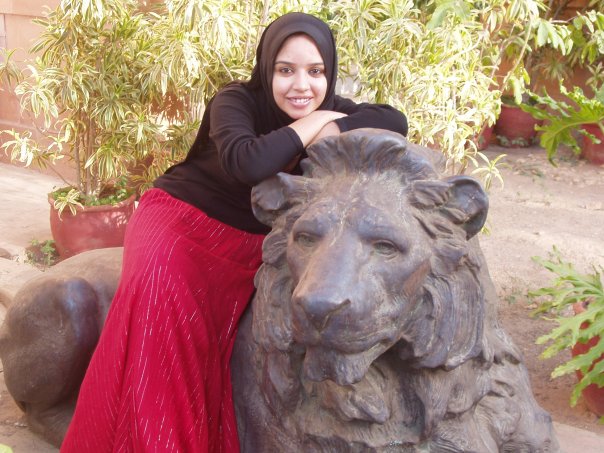
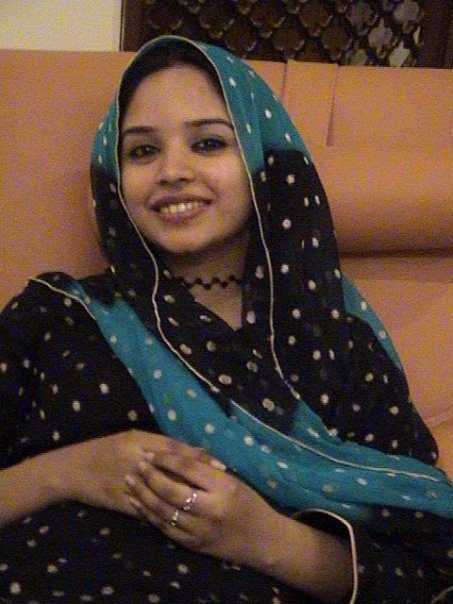
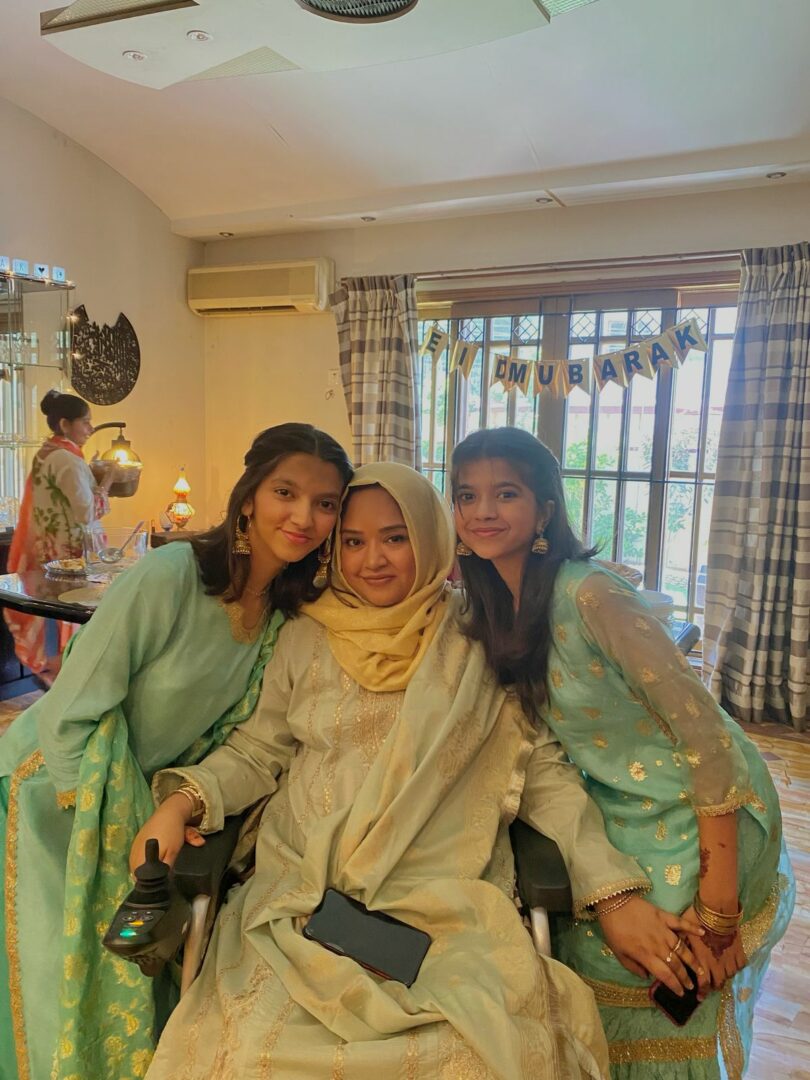
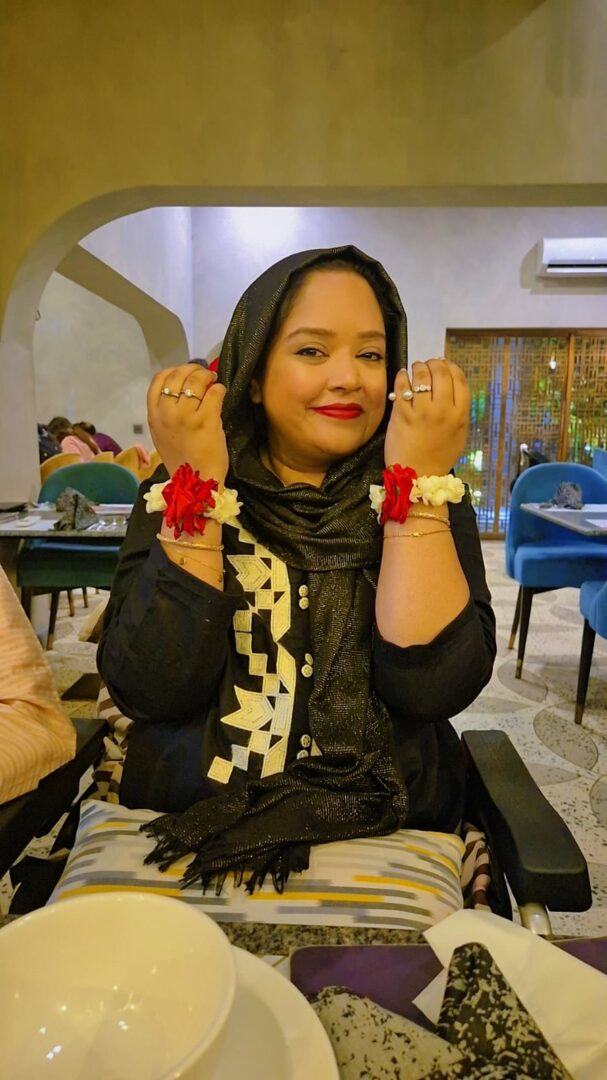
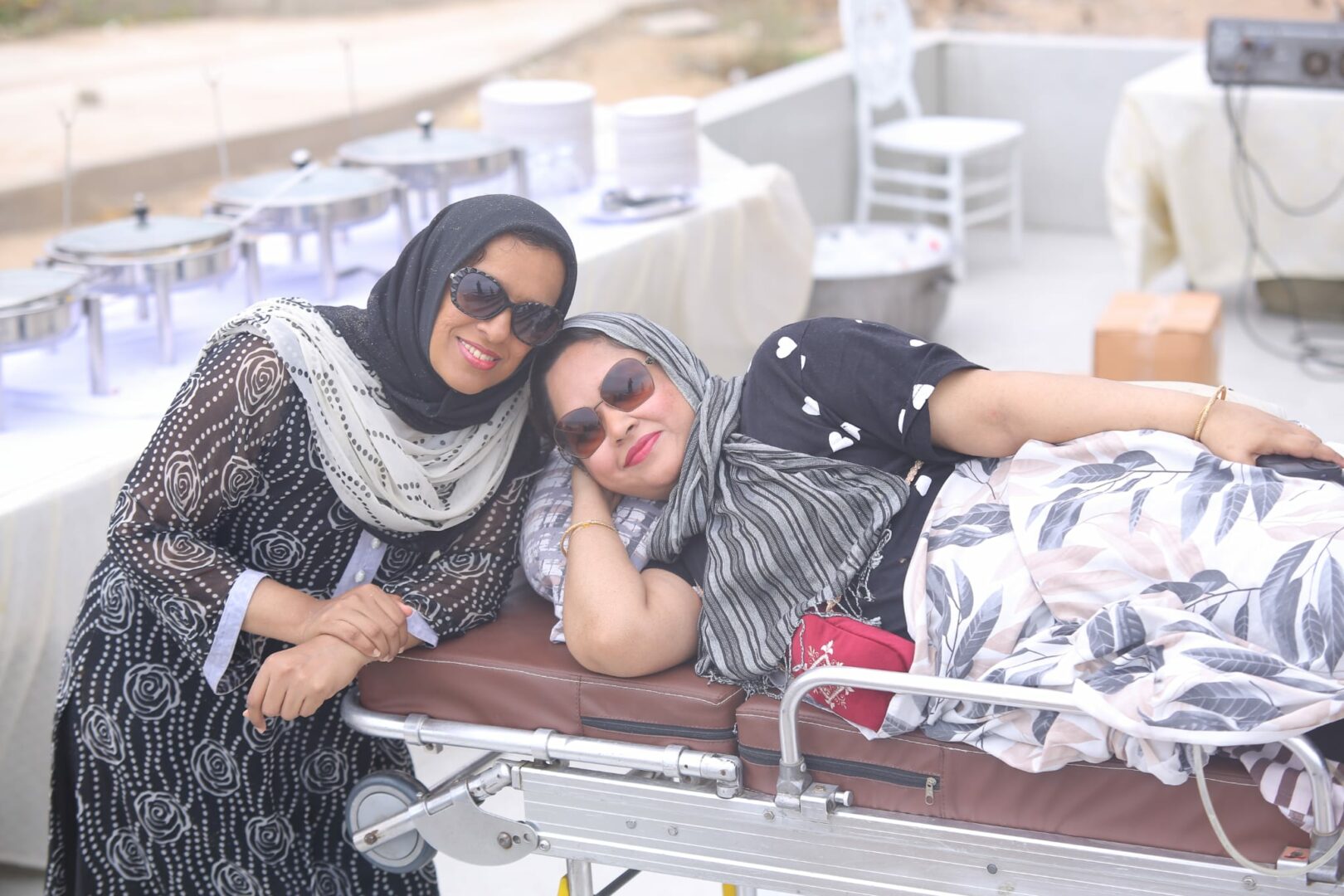
so if you or someone you know deserves recognition please let us know here.

